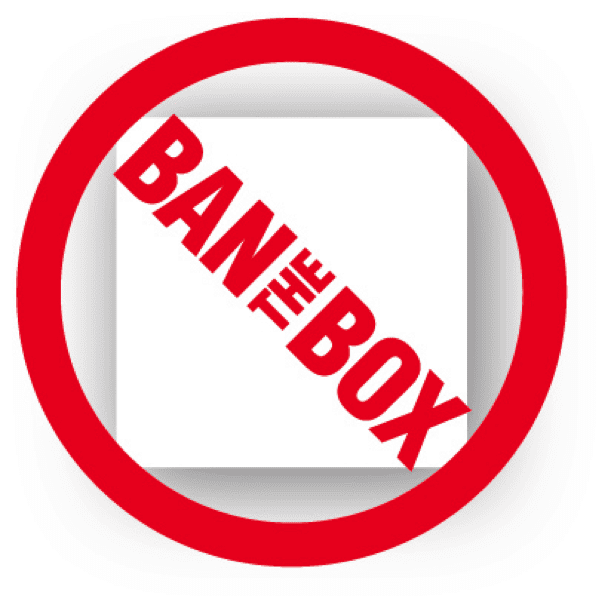
Minnesota’s “Ban the Box” law was signed by Governor Mark Dayton in 2013, and went into effect on January 1, 2014. The new law has been in affect for public employers since 2009 but is now extended to private employers. This blog explains what the Ban the Box law is, what is aims to do, and how it affects Minnesotans with criminal records.
What is the Ban the Box law?
The Ban the Box law aims to give job applicants with arrest records or criminal convictions better chances of gainful employment. Prior to 2014, it was commonplace for employers to ask candidates about arrest records and criminal records through standard job application forms. Whether directly or indirectly, otherwise qualified applicants were being denied employment specifically based on a criminal record. Estimates show that 1 out of every 4 Americans has a criminal record of some sort – many offenses being non-violent in nature. The Ban the Box law forces private employers to wait until later in the hiring process (often during the interview phase or once a conditional job offer has been extended) before asking a candidate about their criminal background or before running a criminal background check. Under the new law, employers are not required to hire persons with criminal records. Employers are still able to perform background checks, just at a later point in the hiring process. Employers are still allowed to deny positions to persons with criminal records if the crime is relevant to the position’s duties. For example, a person with a theft conviction may be denied a cashier job.
Who Enforces the Ban the Box law?
The Minnesota Department of Human Rights (MDHR) enforces the Ban the Box law. MDHR is partnering with other angencies to give the necessary training and assistance to employers through educational seminars and webinars.
Does the Ban the Box law actually help?
Because the law is still new, only time will tell if applicant’s with criminal records are getting a fair shake. The law was partly enacted to address the problems with Minnesota’s expungement laws. Supporters of the law claim applicants will have the chance to showcase their talent, experience, and work history up front without being automatically rejected based on a criminal background. Critics of the law claim the law only delays an employer’s inevitable rejection of an application. There are strong arguments to be made on both sides of this debate, but hopefully the new law gives better opportunities to qualified people who deserve jobs.





